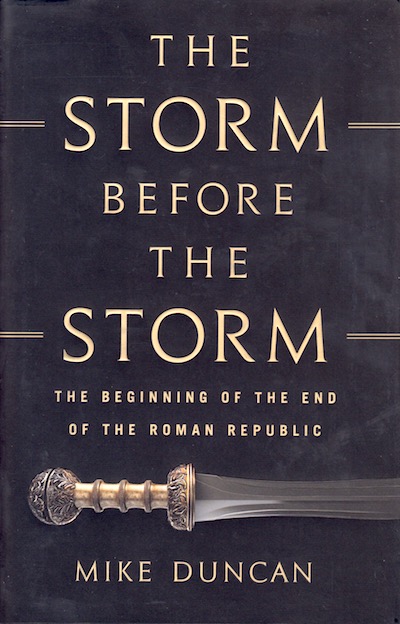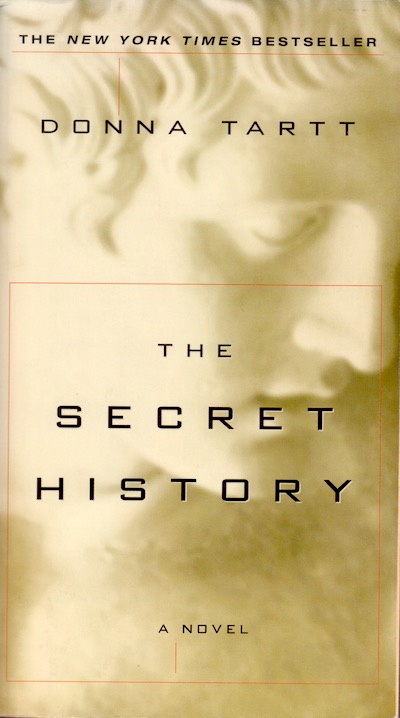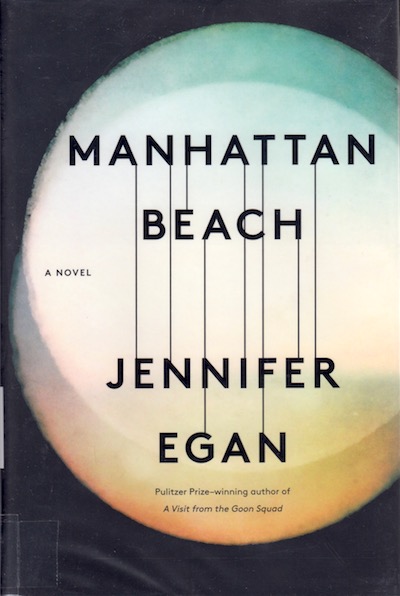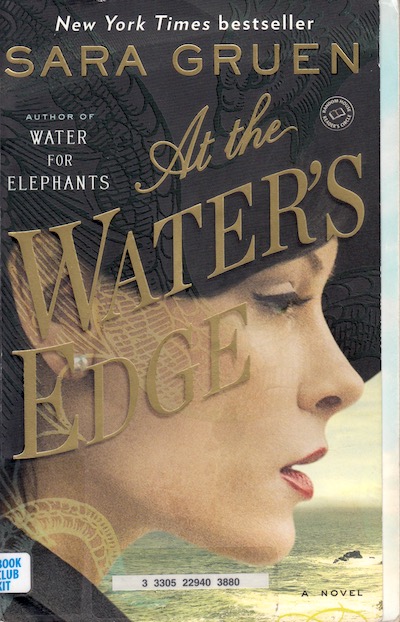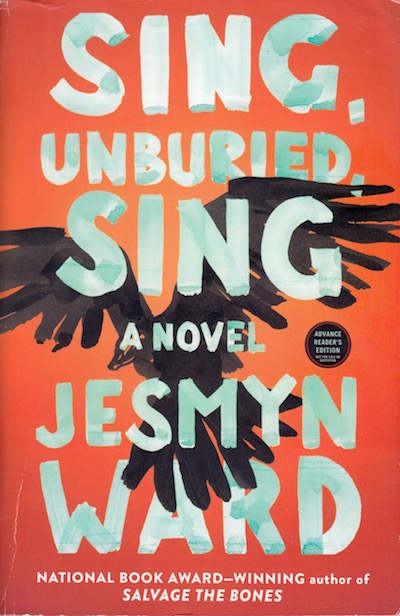If you (like me) mostly read popular history about Ancient Rome, you know the story of Pompey the Great and Julius Caesar backwards and forwards. The super short version is: Pompey and Caesar were both famous, powerful generals and politicians in the Roman Republic. By the time they were done competing for control of Rome – Caesar won, Pompey was dead – Rome was effectively an empire instead of a republic. (HBO made a fictionalized series.) But, for such a fundamental political change to happen, the battle had to have been much, much bigger than just a political rivalry between two men.
The changes started 100 years earlier, as:
- Rome starts conquering land that is further and further away from Italy;
- more money starts coming in from those conquered lands and staying in the hands of the elite;
- the elite need standing armies to fight far away wars;
- but those armies are loyal to a particular general and not to the state;
- not to mention, the elite split into two main political factions; and
- those factions start caring more about winning than they do about governing properly.
Basically, the state needed to be reformed as Rome grew in size and in wealth, and those in power refused to change. It lead to lots of war and death and power grabs.
The Storm Before the Storm talks about these earlier years much more coherently than I can here. There are compelling figures and a wide sweep of history that echoes to current American politics (but with important differences).
It’s worth your time if you (like me!) enjoy learning about ancient Rome.
